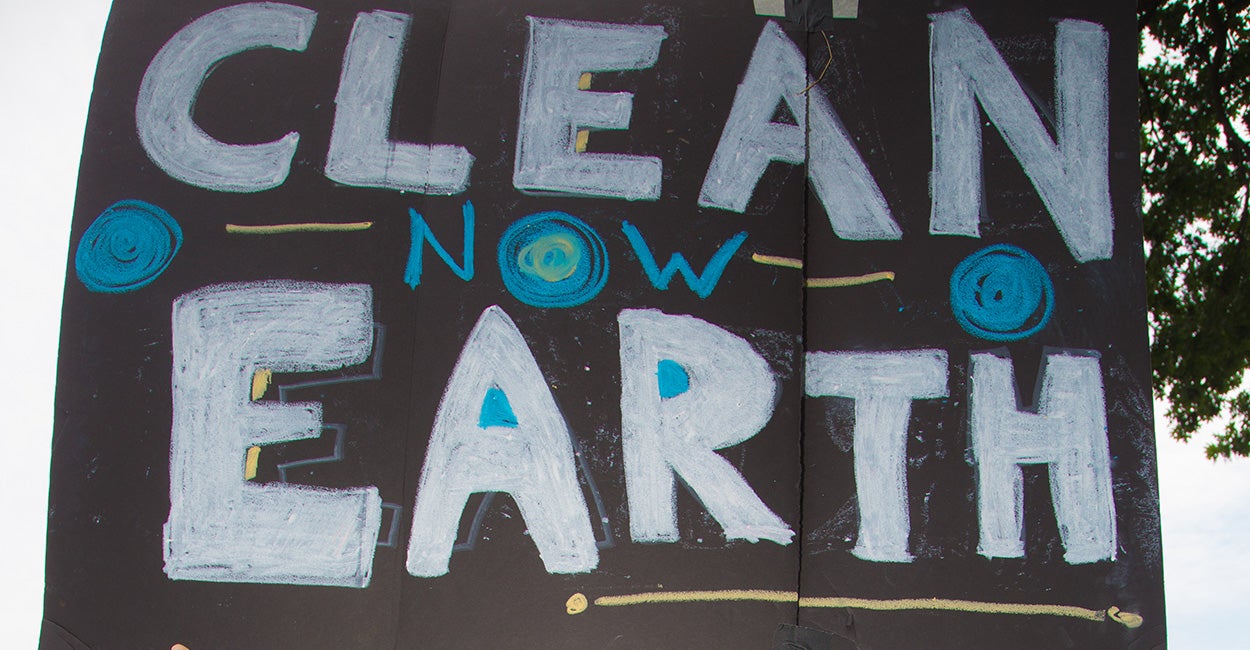How Big Money Impacts Environmental Policy
Is big money dangerously and improperly compromising environmental policy?
Climate change advocates have long asserted that the fossil fuel industry “bought” science—i.e., paid scientists for favorable findings—to strengthen its efforts to defend techniques such as offshore drilling and, in recent years, hydraulic fracturing or fracking.
The latest example of this is the case of Willie Soon, an astrophysicist with the Harvard-Smithsonian Center for Astrophysics, who made enemies when he published a peer-reviewed paper in January that questioned the mathematical models the International Panel on Climate Change uses to predict climate change.
The ink had barely dried on Soon’s paper, which found the panel’s models had mathematical errors that overstate the impact of carbon dioxide on the climate, when the trouble began.
First, it was The New York Times with a report that raised questions not about Soon’s conclusions but about conflicts of interest in his research because he had received more than $1.2 million from the fossil fuel industry that he had not disclosed.
Greenpeace went a step further with a “case study” that showed Soon “has received substantial funding from the fossil fuel industry for most of his scientific career.”
Soon received less than $60,000 per year from Smithsonian.
According to a <a target="_blank" …read more

